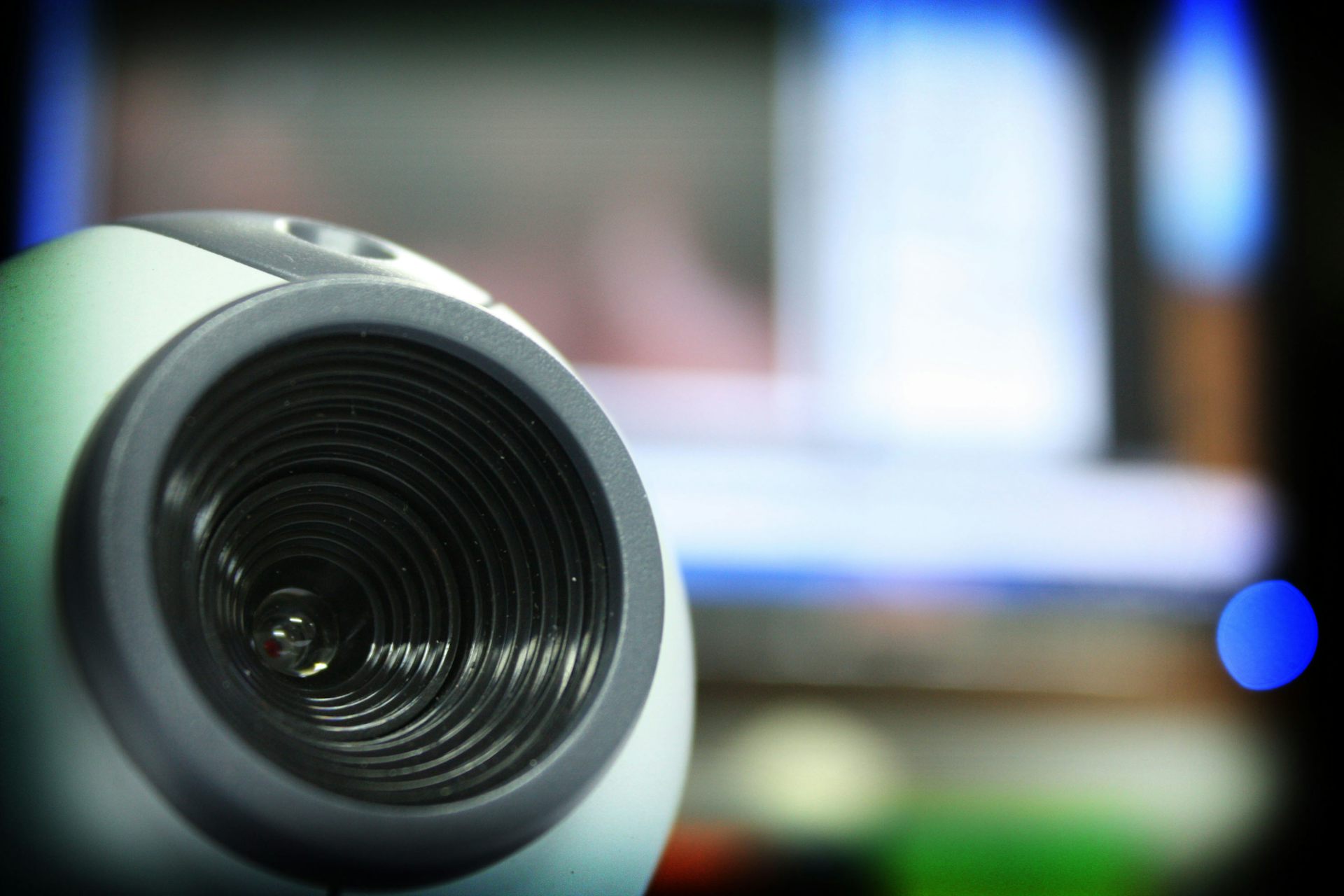In recent years, the world of sex webcams has become increasingly popular. As technology advances and boundaries blur, society is left to grapple with how to navigate this new phenomenon.
This article will explore societal perspectives on sex webcams as well as analyze changing norms regarding their use of them. It will be a comprehensive look at what people think about sex webcams, why these attitudes are shifting, and where things might go from here.
The Growing Popularity of Sex Web Cams: An Examination of Social Attitudes
In recent years, the popularity of sex webcams has grown drastically with people from all walks of life turning to them for entertainment purposes or as an additional form of income. This rise in usage has caused many to question what this means for society’s attitudes toward sexual expression and its role in our lives today.
A study into societal perspectives on sex webcams can shed light on how norms are changing and whether these changes should be embraced or resisted. The growing acceptance and promotion of sex webcams could indicate a shift away from traditional views that dictate which kinds of sexual activities are acceptable behavior.
Through platforms like Twitch, fans have been able to watch live streams by adult models while interacting with them through chat rooms; something that would not have been possible just a few years ago. This accessibility suggests that using such services is becoming less taboo among certain demographics who value the freedom it provides users to express themselves more openly without fear of judgment or persecution.
However, there is still much stigma surrounding those who use sex webcams either professionally or recreationally, leading some to argue that this type of technology could be potentially damaging if not properly regulated and monitored by authorities due to its ability to normalize certain behaviors which may put vulnerable individuals at risk. Additionally, critics suggest it could lead young adults down a path where they become increasingly desensitized towards any kind of sexual content they encounter online; further blurring the lines between fantasy and reality when it comes to their understanding of healthy relationships between consenting adults.
It is clear then that social attitudes concerning sex webcams remain divided despite their increasing prevalence within popular culture and digital media consumption habits worldwide; creating a debate around whether these types of technological advances should be seen as beneficial tools providing greater levels of autonomy when exploring sexuality – or cautionary tales highlighting potential dangers associated with unregulated access.
Impact of Sex Web Cam Services on Society’s Views on Sexuality

The impact of sex webcam services on society has been profound, especially in terms of changing norms and attitudes toward sexuality. The proliferation of such services has allowed individuals from all walks of life to explore their sexual identities in ways that were previously impossible.
It has also opened up new opportunities for people to express themselves sexually without fear or judgment. As a result, there is an increasing acceptance and understanding among the public about different kinds of sexual behaviors and orientations that may have once been considered taboo.
This shift in attitudes is due in part to the increased visibility of these services and the associated conversations they help facilitate around topics related to sex and intimacy. In addition, access to sex webcams allows for greater exploration into one’s desires which can be liberating for many individuals who feel restricted by social conventions or stigma surrounding certain forms of expression.
Ultimately, sex webcams offer a valuable platform for people to engage with their sexuality safely while gaining greater insight into what it means personally as well as collectively within our culture today.
Analyzing the Cultural Shifts in Norms Surrounding Online Intimacy and Exhibitionism
The cultural shift in norms surrounding online intimacy and exhibitionism has been a source of fascination for many researchers. As technology advances, society’s attitudes toward sex webcams have changed dramatically over time.
This paper seeks to analyze how societal perspectives on these topics have evolved from a historical perspective, focusing particularly on the rise of virtual sexual experiences. In the past decade, there has been an increased acceptance of sex webcams as tools for private conversations and online flirtations among adults.
The ease with which people can connect with others via webcam platforms has allowed individuals to explore their sexuality in more open environments than ever before. This newfound openness is reflected in recent studies that show an increase in the frequency of virtual sexual encounters amongst users regardless of age or gender identity.
Additionally, it appears that those who engage in such activities may even be more likely to experience positive emotions during their interactions than those who do not partake at all. Another factor influencing changing norms around online intimacy and exhibitionism is the increasing availability of porn entertainment through sites like PornHub and Xvideos which provide access to explicit material without any restrictions or judgment from peers or parents alike; this allows viewers to explore their fantasies without stigma or fear of repercussion for engaging in activities deemed “immoral” by society standards. However, it should also be noted that while these sites offer convenience they often include content considered graphic even by most standards – something worth considering when discussing shifting attitudes regarding acceptable levels of public exposure within our digital lives today.
Overall, what we are seeing today is a stark contrast between social mores concerning physical contact versus digital/online encounters; while traditional conceptions still exist about what constitutes appropriate behavior offline (especially when involving intimate matters), much more leniency is being granted towards explorations into cyberspace where users feel comfortable expressing themselves freely without fear repercussions as long as no one else gets hurt along the way – ultimately leading us toward newer understandings about what it means to conduct oneself sexually both on-and off-line going forward into future generations.
Exploring How Technology is Influencing Our Notions of Privacy and Morality

The emergence of sex webcams has had a profound effect on our societal notions of privacy and morality. With the rise of technology, we are no longer confined to physical spaces to engage with sexual stimuli.
We can now easily access these online platforms from anywhere in the world, giving us unprecedented levels of control over who we interact with as well as what sorts of activities we partake in. This shift away from traditional conceptions of sexuality has raised many questions about how our societies should view such practices, particularly regarding their impact on individual privacy and moral values.
This study will explore how current technological advancements have changed people’s perceptions surrounding sex webcams and its implications for both personal privacy and broader ethical issues. By examining existing literature on this topic alongside interviews conducted with participants in various virtual communities, this paper will aim to provide insight into public opinion towards these new forms of digital interaction and suggest future directions for research into related topics such as censorship policies or rights-based approaches to regulating content.
Ultimately, it is hoped that through this analysis society’s evolving relationship with emerging technologies can be better understood so that appropriate measures may be taken to ensure individuals remain safe within an increasingly digital landscape.
Examining the Effects of Increased Accessibility to Sexually Explicit Content on Society
As society continues to evolve, so too do its attitudes and norms regarding sex. The internet has opened up many possibilities for people to explore their sexuality and gain access to sexually explicit content that was once difficult or impossible to find.
This study seeks to examine the effects of increased accessibility on society’s perspectives towards sex webcams. The rise in demand for virtual sexual encounters can no longer be denied.
A host of personal benefits have been noted as a result, including greater self-confidence, improved communication skills, and more exploratory behavior when it comes to exploring new sexual activities. However, there are also some potential risks associated with this shift in norms such as the introduction of predatory elements into an already vulnerable space or the blurring of boundaries between public/private domains which could lead to exploitation and abuse.
For us better understand how these changes have impacted our views on sex webcams, we must look at both sides; those who support increased accessibility and those who feel it goes against long-established social norms. Supporters argue that allowing individuals more freedom when it comes to expressing their sexuality is a positive step forward while critics contend that unrestricted access will only further degrade our moral values surrounding sexual activity – leading us down a slippery slope from which there may be no return! At the heart of this issue lies an important question: Is providing easier access beneficial or detrimental? To answer this question we must consider how such changes will affect future generations by looking at both short-term consequences (such as online predators) as well as long-term outcomes (like whether easier access leads directly or indirectly towards objectification).
Only through thorough research can we start understanding how these developments influence societal behaviors now and into the future – ultimately helping us decide if increased accessibility is indeed something worth celebrating or condemning altogether!
Conclusion
In conclusion, the study of societal perspectives on sex webcams reveals that norms are changing. As society becomes more accepting of different lifestyles and values, people have become more comfortable with engaging in online activities involving sex.
This includes watching Milf Cams and other types of live webcam content. The results from this study suggest that technology has enabled us to explore our sexuality in ways we never thought possible before, challenging us to think about our personal opinions concerning these new forms of intimate encounters.


